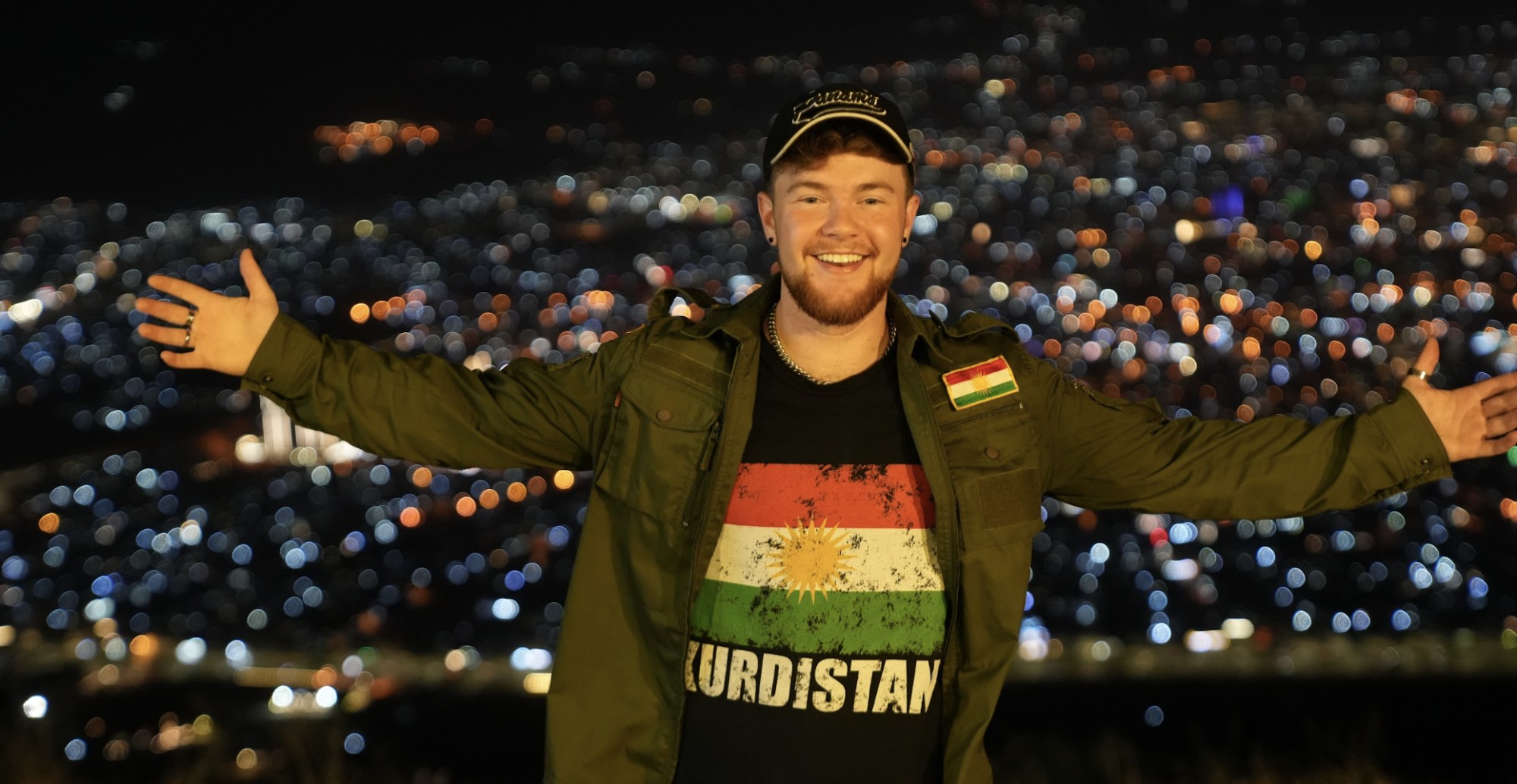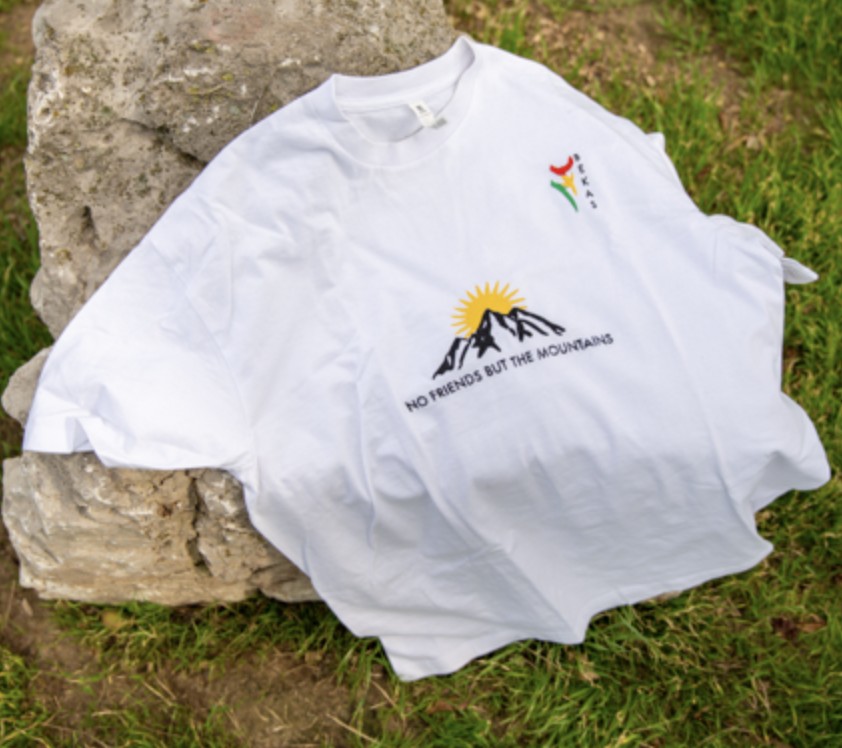Think of a writer, actor and director who has had a major impact on Kurdish theater over the span of 16 years and who, with each passing year, introduces audiences to innovative techniques, captivating stories, and a unique aesthetic. This description brings to mind none other than Shwan Karim, whose name is familiar to any aficionado of Kurdish theater.
Born in Sulaymaniyah in 1973, Karim moved to Germany in 1994. He lives in Hanover, where he has taught improvisation at Hanover University and been an active member of Germany-based Sketch Kurdish Impro Theater Group.
His works are known to both Kurdish and German audiences, as Karim has directed twelve plays. His most influential works include We No Longer Have Time for Songs, Homeland Nights, The Year of Zero, The Beginning…The Very Beginning, The Last Days of Bablo, and Seven Seconds, which is currently playing in Sulaymaniyah.
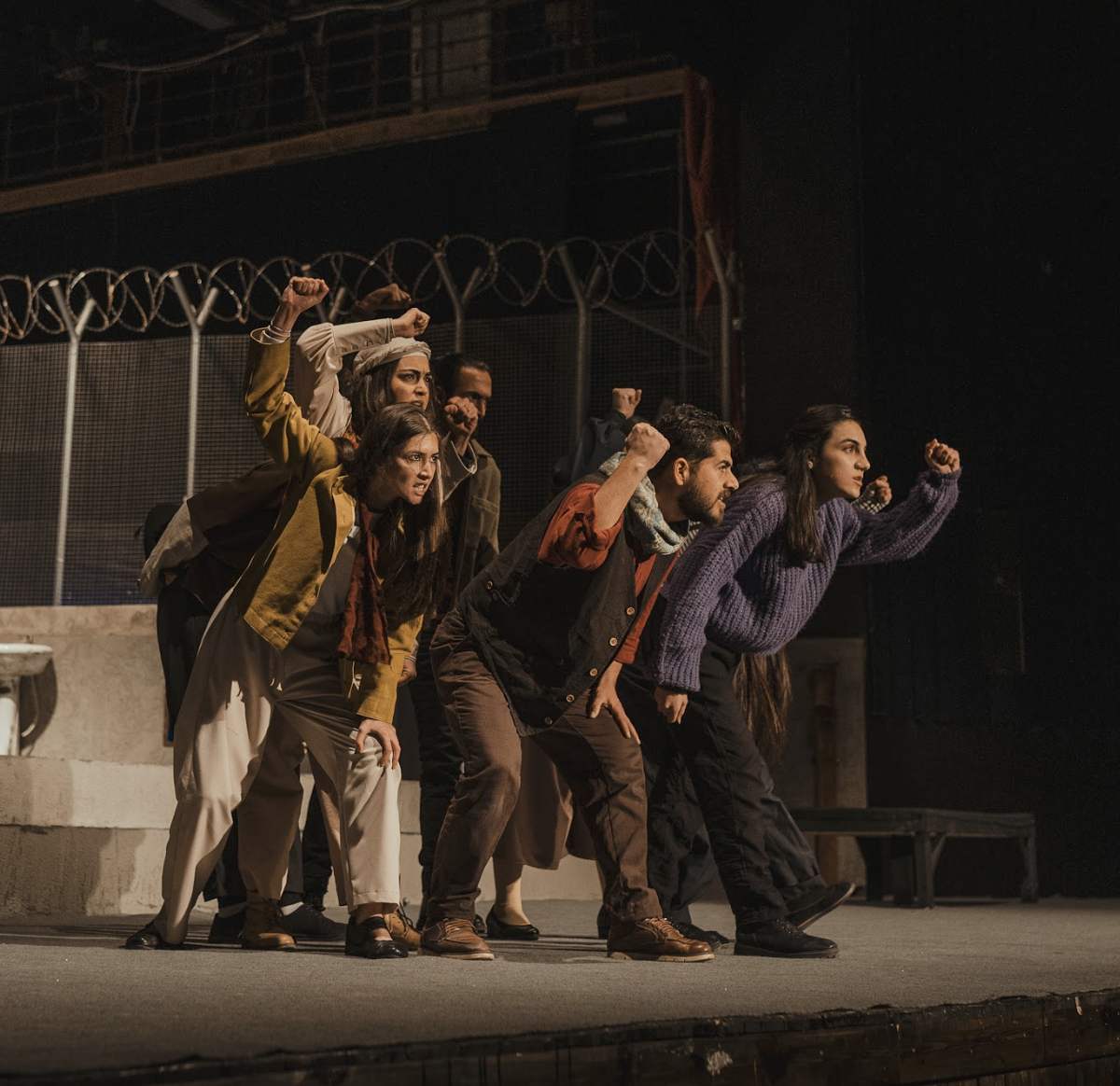
Innovative storytelling
Karim officially launched his career in 2008 with Sorrows Behind a Window, a one-man show written, directed and acted solely by himself at Sulaymaniyah Theater Festival.
Beyond his directing skill, Karim is best known for his compelling storytelling. His plays explore the everyday challenges of life within a society, examining issues to which audiences can relate and give audience members a chance to reflect on their own lives.
For instance, his play We No Longer Have Time for Songs features a dialogue between the two main characters, who are married, that portrays the complexity of human beings and depicts how the hardships of daily life have created a chasm between them. The couple fights, with each blaming the other. Without a clear declaration of who is right and who is wrong, the audience empathizes with both characters and the challenges that affect them.
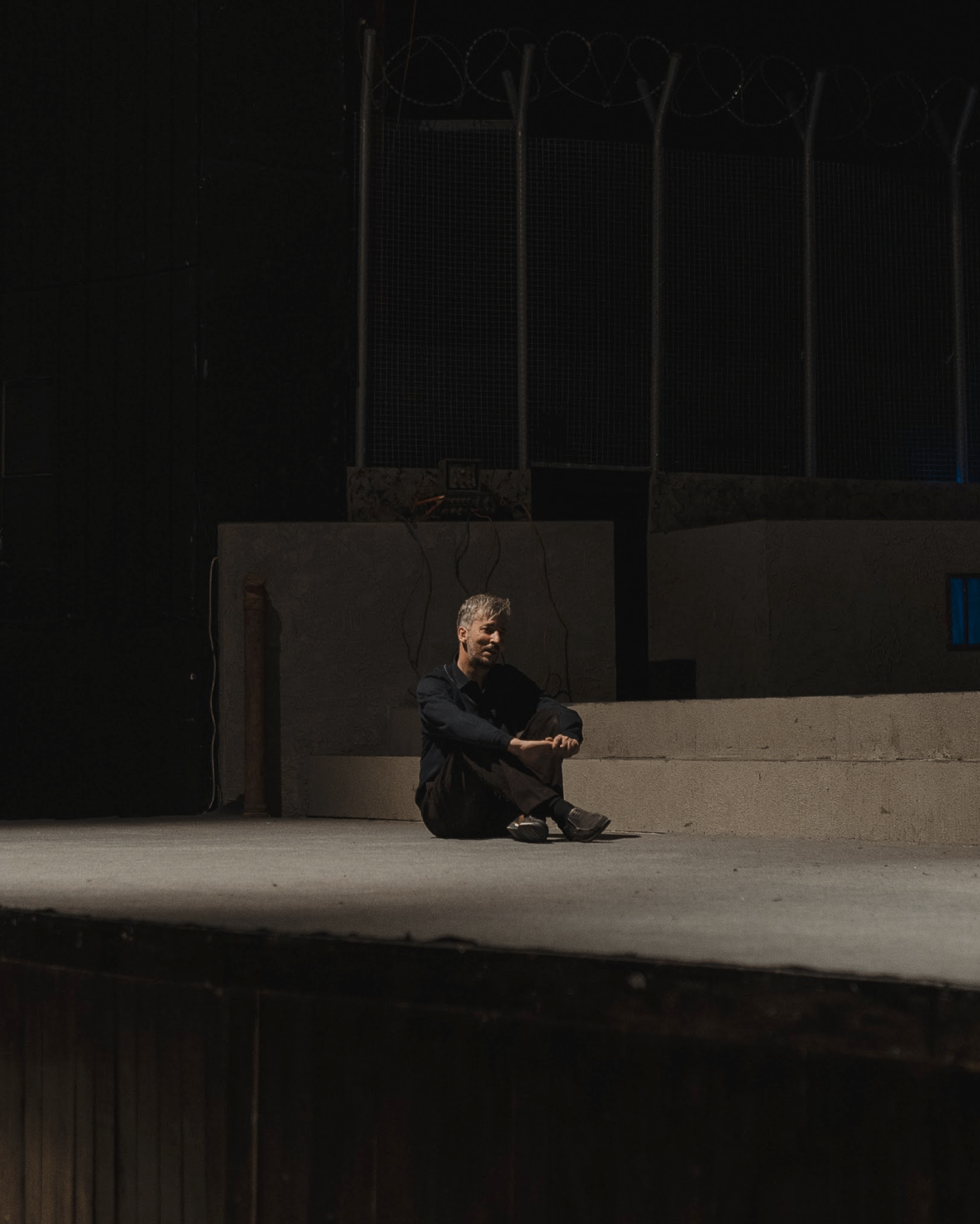
The play itself is performed in an ancient household in the bazaar. The audience sits on Kurdish rugs and enjoys the familiar confines of being in a home. Sometimes, Karim stages his plays outside, eschewing traditional indoor stages for locations that best suit the story.
In The Beginning…The Very Beginning, again we are confronted with different characters. An unborn child needs to choose a family. After being shown three different households that combine and reflect three different types of families in the modern world, the child decides that it does not want to be born.
This time what makes this play so engaging is that it involves the audience in the child’s decision-making process as they move around the performance space to visit each household themselves.
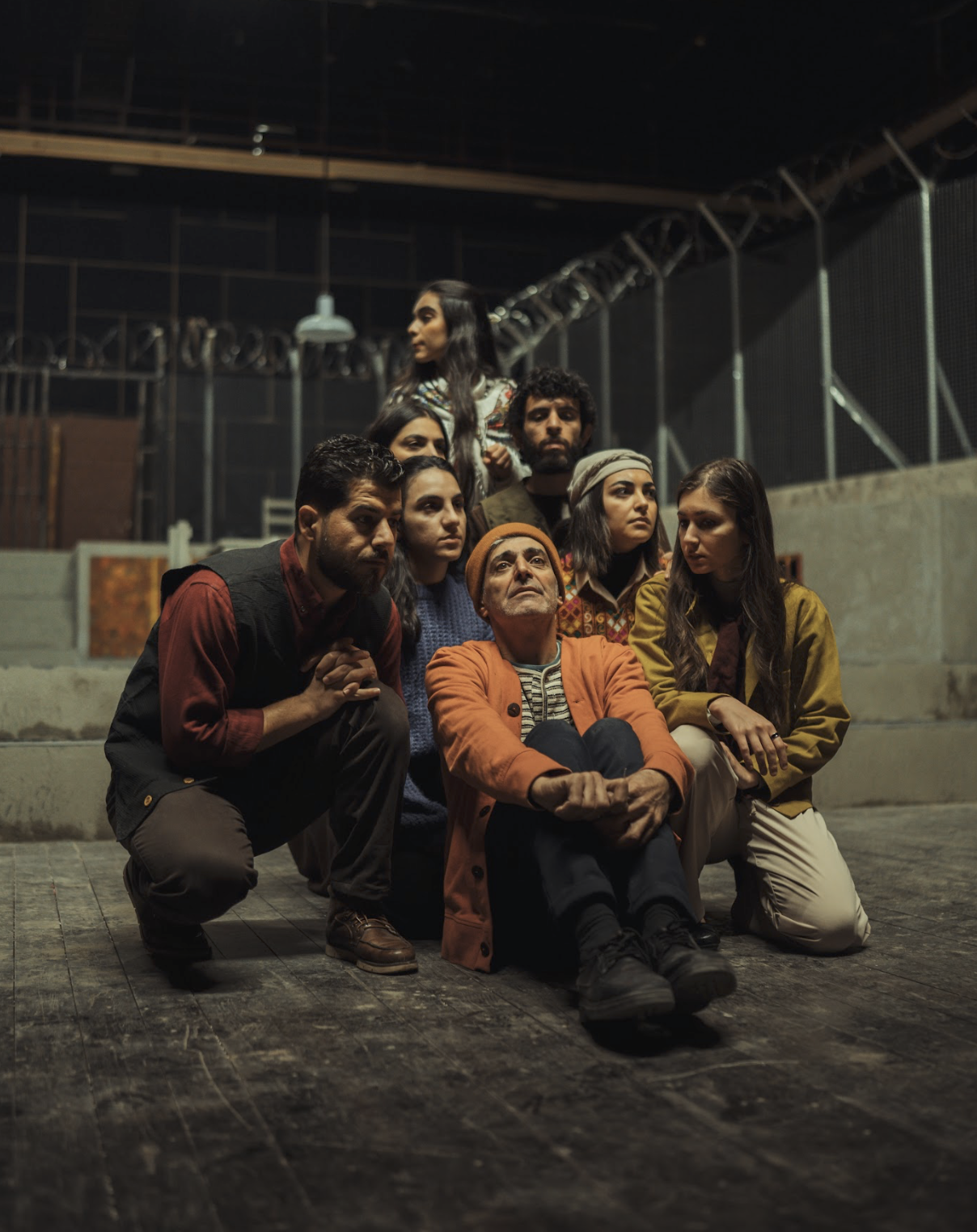
His 2022 work The Last Days of Bablo, starring Reshan Hemo, was a turning point for Karim, as the total audience figures exceeded 46,000. The play ran for 97 days in Sulaymaniyah, Erbil, and Kirkuk.
The play, a tragicomedy, follows a middle-aged artist named Bablo, who gets lost in a demonstration against the “thieves” who work for the government. Bablo falls unconscious and wakes up in a mental health hospital. This is where the play truly begins, as Bablo starts characterizing himself as one of the thieves in the government against whom he was protesting. Again, Karim depicts human beings in a straightforward manner, revealing how the environment they are placed in can make them both innocent and deserving of the consequences of their actions.
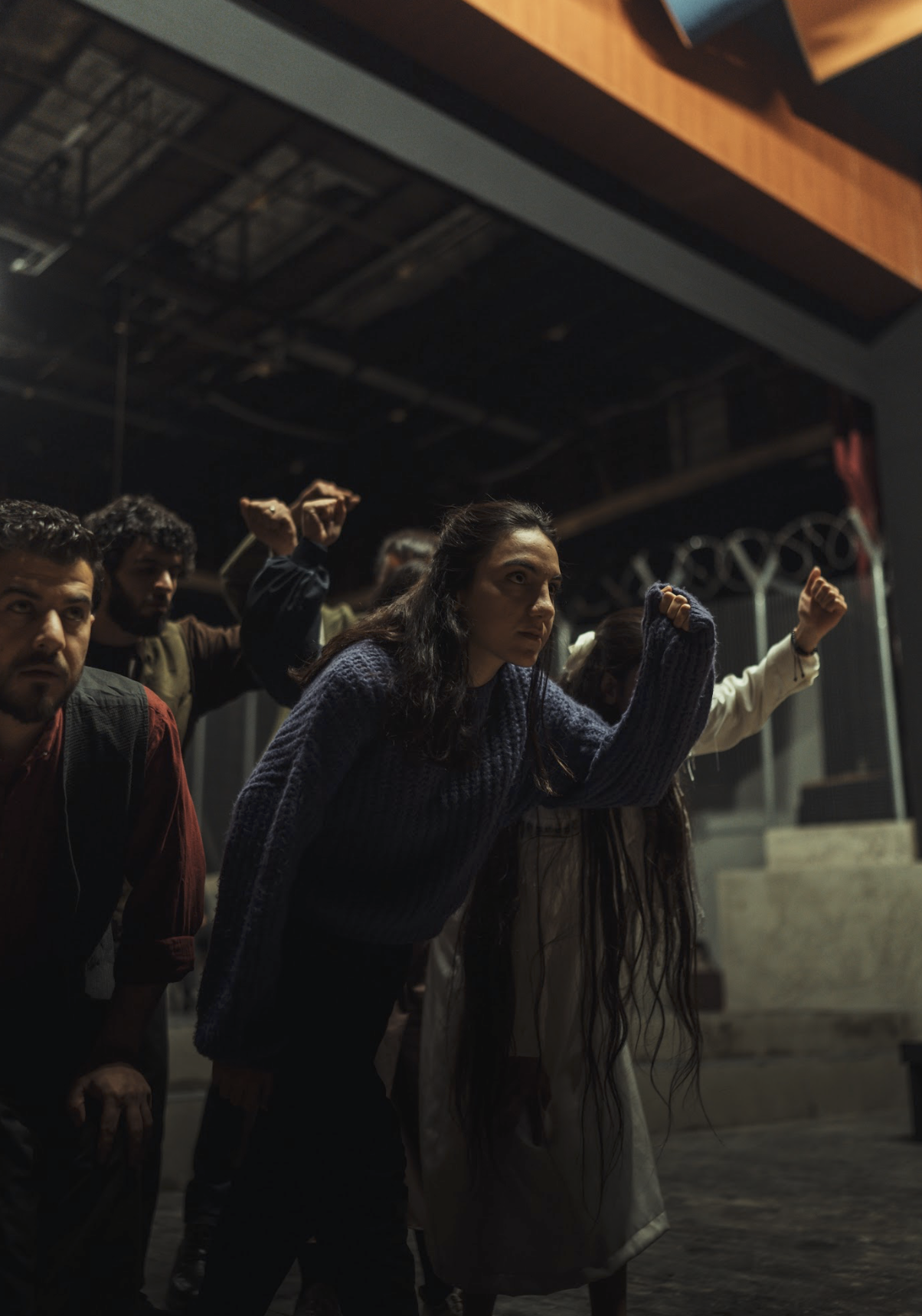
Finishing touches
Songwriting and live music feature prominently in Karim’s plays. His lyrics engage the audience and elevate the emotional resonance of his productions, leaving a lasting impression for theatergoers.
Seven Seconds is his most recent production. Currently showing in Sulaymaniyah, it will come to Erbil soon. Co-written by Martin McDonagh and Karim, it stars the Kurdish singer Hardi Salami and features other experienced actors, including Tahir Abdulwahd, Lawk Ebubekir, and Karo Sawz. The plot centers around a writer who is brutally dragged into an interrogation room in an unnamed totalitarian dictatorship and questioned by two detectives about the stories he has written. The play’s action is driven by subplots that showcase the power of Karim and McDonagh’s writing.
Beyond his directorial achievements, Karim’s rehearsals serve as learning opportunities for the cast, who gain a deeper understanding of theater by working with him. An actor who previously worked with him, wrote: “Karim not only presents astonishing pieces on stage, but also lectures and prepares actors for the real-world demands.”
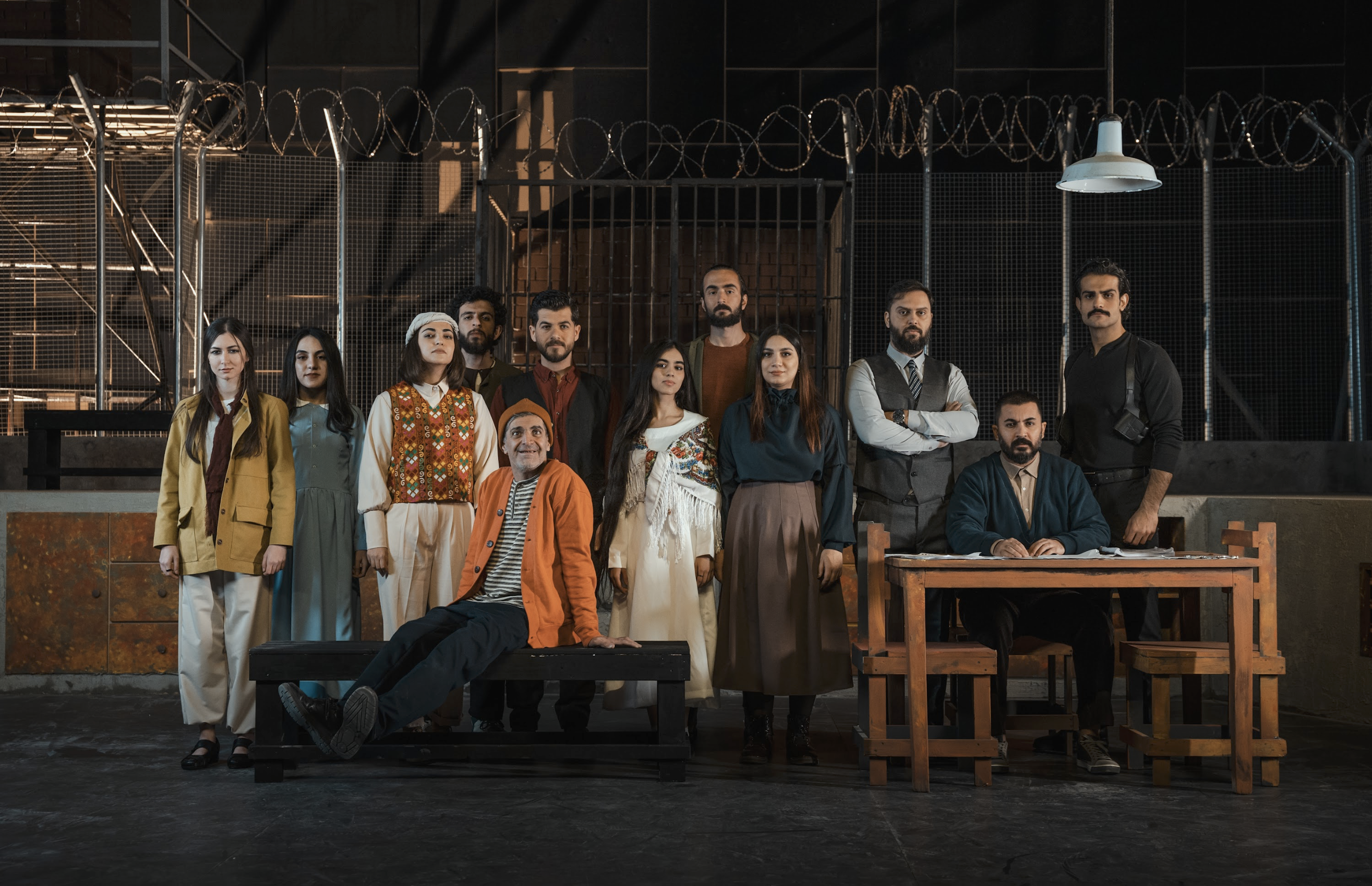
Karim also sprinkles in jokes, stories, and references that are familiar to a Kurdish audience, drawing from his lived experiences and observations. “I get glimpses of ideas from the events I have witnessed,” Karim explains. “You never know where and when you will need those ideas again and how those ideas can serve a bigger purpose.”
Perhaps it is his ability to draw inspiration from personal experience and observations – as well as his dedication to instilling ethical values in his actors – that sets him apart as a true master of the stage.
Ultimately, in Karim’s world, theater is more than a form of entertainment. It is a platform for exploring honesty on stage, demonstrating loyalty to the story, and maintaining an ethical commitment to the audience. As his career continues to unfold, Karim stands as a beacon in Kurdish theater, leaving an incredible mark on his art form.
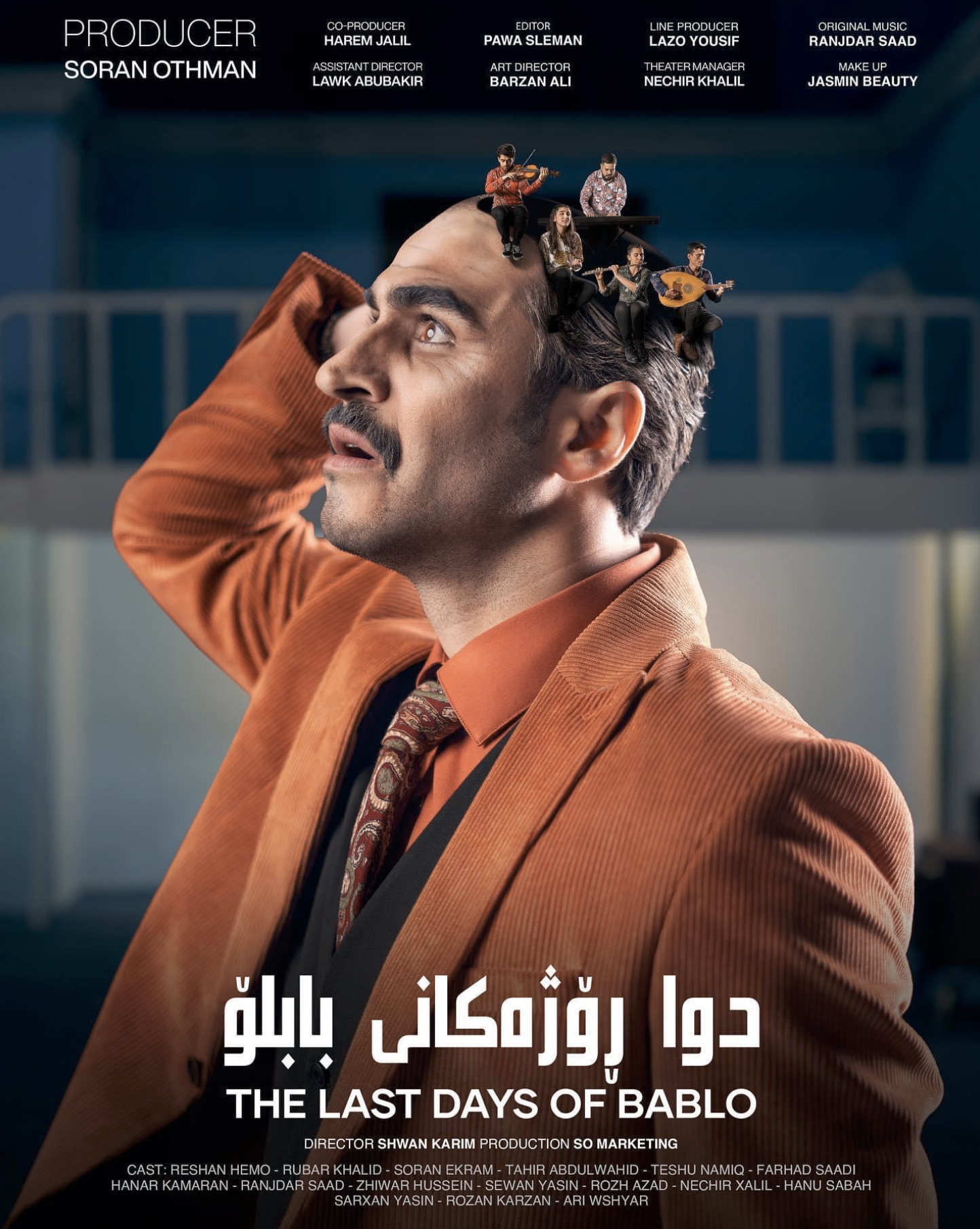
Chronology of Works
2009: Wrote, directed and acted Sorrows Behind a Window
2011: Wrote and directed We No Longer Have Time for Songs
2013: Wrote and directed Homeland Nights
2014: Wrote and directed The Year of Zero
2017: Wrote and directed In Front of the Mirror in German.
2018: Wrote and directed There’s Always a Person Who Leaves Us
2018: Wrote and directed If We Are Doomed to Die
2019: Wrote and directed This City
2019-2020 Wrote and directed The Beginning…The Very Beginning
2022: Co-wrote and directed The Last Days of Bablo
2024: Co-wrote and directed Seven Seconds
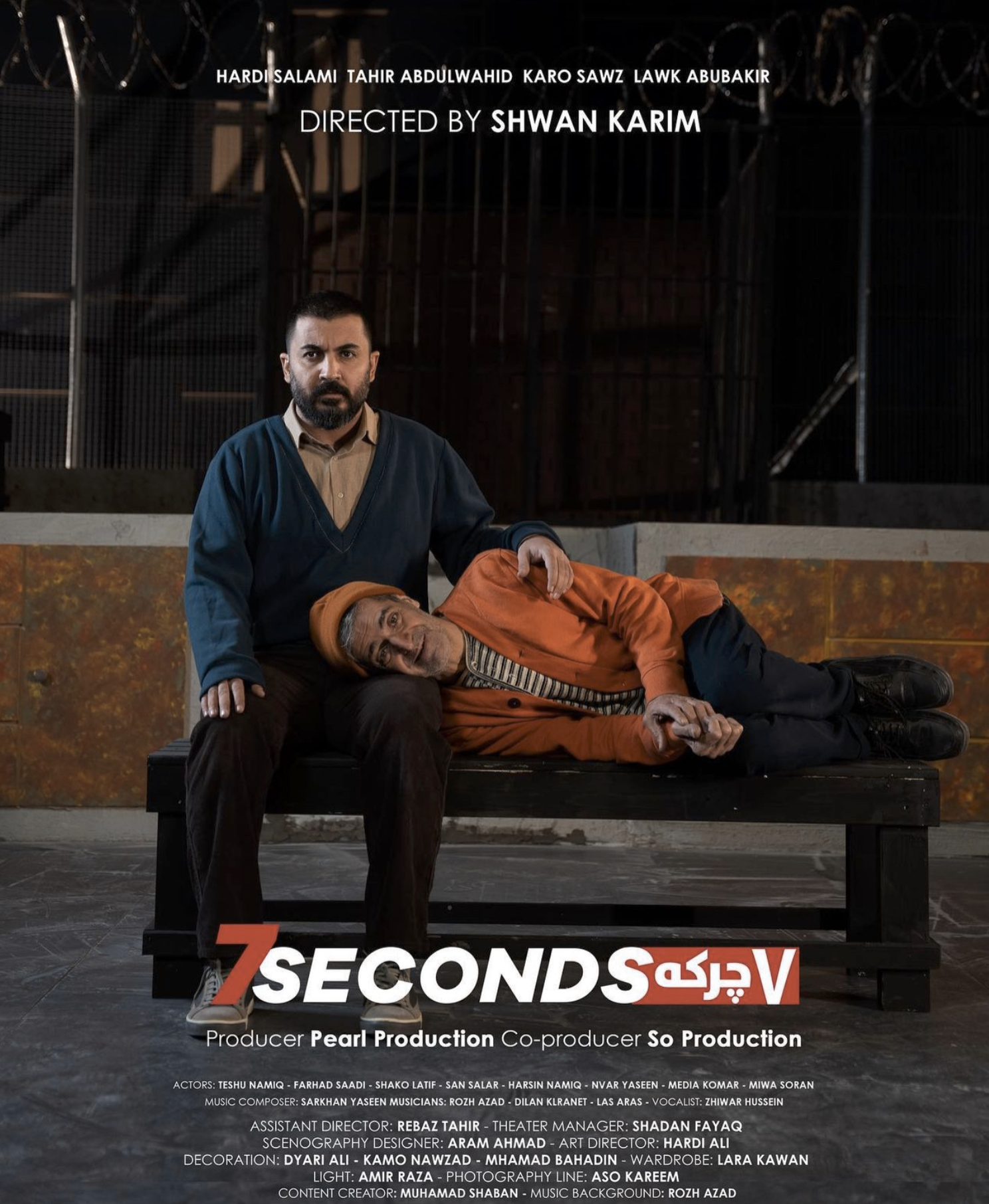
Savan Abdulrahman Ahmed is the editor-in-chief at DidiMn, a Kurdish cultural website. Concurrently, she is engaged in a research project on the origins of masculinity in her role as a research assistant at the American University in Iraq, Sulaymaniyah, and also collaborating on this project with the London School of Economics (LSE).
